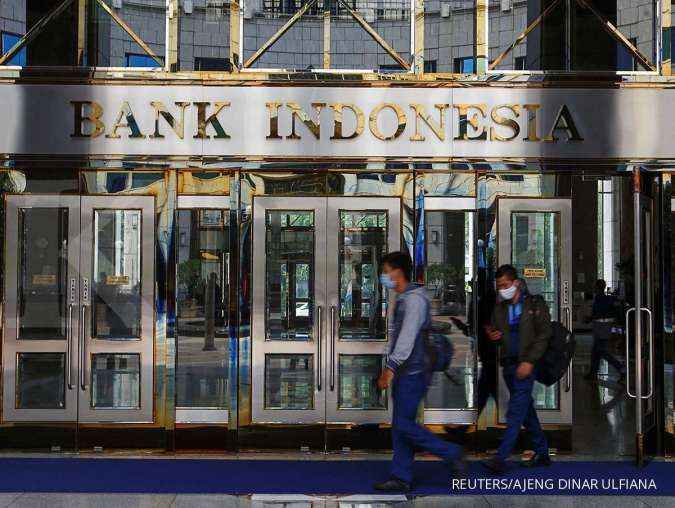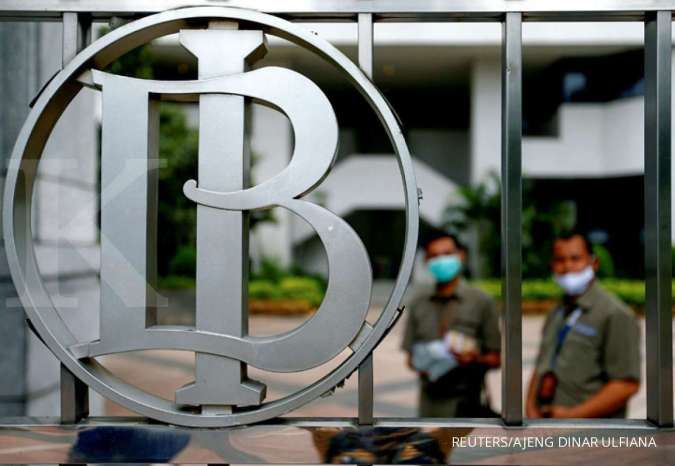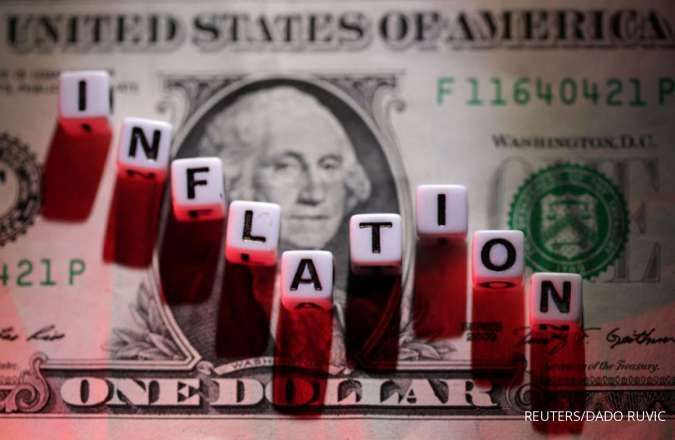CREDIT INTEREST RATE - KUALA LUMPUR. Malaysia's central bank on Thursday kept its benchmark interest rate unchanged for the second consecutive meeting, flagging concerns over an expected slowdown in global growth.
Bank Negara Malaysia (BNM) kept its overnight policy rate at 2.75%, as expected by economists polled by Reuters. A slight majority in that poll, however, still expected the central bank to raise rates to at least 3.00% by the second half of the year.
Thursday's decision comes after BNM unexpectedly kept the rate unchanged in January, citing worries over economic growth after four straight rate hikes last year.
BNM said Malaysia's growth was expected to moderate in 2023 amid cooling global demand.
"Downside risks continue to stem mainly from global developments, including from weaker-than-expected growth outturns or much tighter and more volatile global financial conditions," the central bank said in a statement.
Read Also: Malaysia's ex-PM Muhyiddin to be Charged with Corruption
Malaysia's economy will remain driven by domestic demand, improvements in employment, infrastructure projects, and an uptick in tourist arrivals, BNM said.
Last year, BNM increased rates by a total of 100 basis points from a historic low of 1.75% as it sought to tame inflation amid robust growth.
Inflation is expected to average between 2.8%-3.8% in 2023, compared with 3.3% last year.
Inflation has been slowly moderating since hitting 4.7% last August. The consumer price index rose 3.7% from a year earlier in January, versus a 3.8% pace in December.
BNM said its monetary policy committee remained "vigilant to cost factors, including those arising from financial market developments, that could affect the inflation outlook."
"Further normalisation to the degree of monetary policy accommodation would be informed by the evolving conditions and their implications to the domestic inflation and growth outlook," it said.
Read Also: Fed's Powell Sticks to Hawkish Message in Second Day of Testimony
The government expects economic growth of 4.5% this year, down from a 22-year high of 8.7% last year, but some analysts forecast it could be much lower.
Highlighting weakening demand, Malaysia's exports rose just 1.6% in January on-year, far below analysts' estimates, though China's reopening after years of COVID curbs could cushion lower shipments to North America and Europe this year.
"The way we see it, a possible rate hike is still on the cards this year, probably around 25 basis points," Mohd Afzanizam Abdul Rashid, chief economist at Malaysia's Bank Muamalat, told Reuters.
Oxford Economics and Capital Economics, however, said BNM was likely done with rate hikes for the year, amid a decline in exports and consumer spending.
/2017/02/07/1307303806.jpg)














